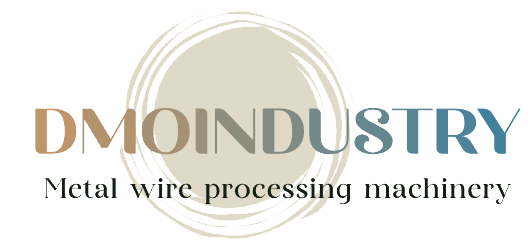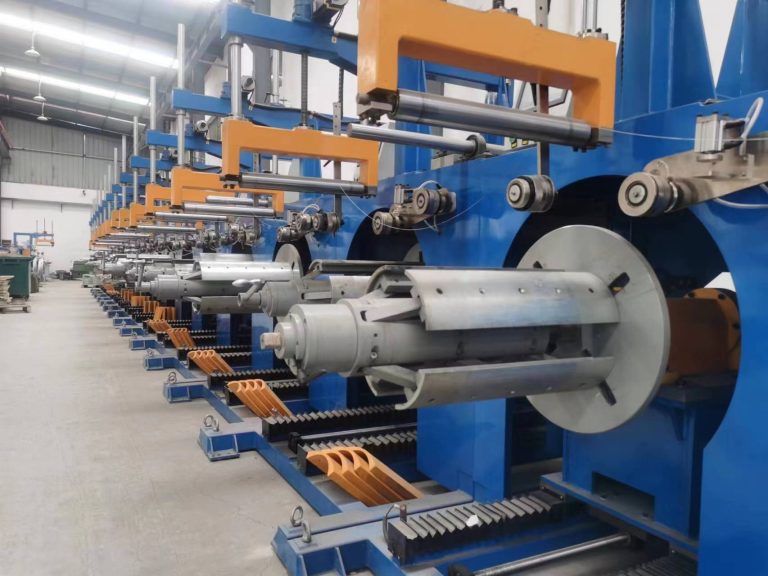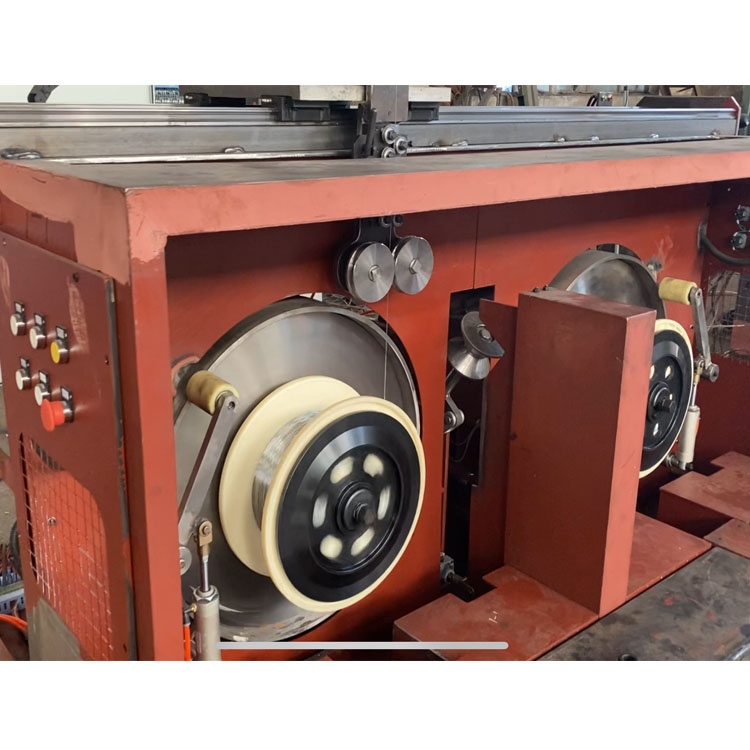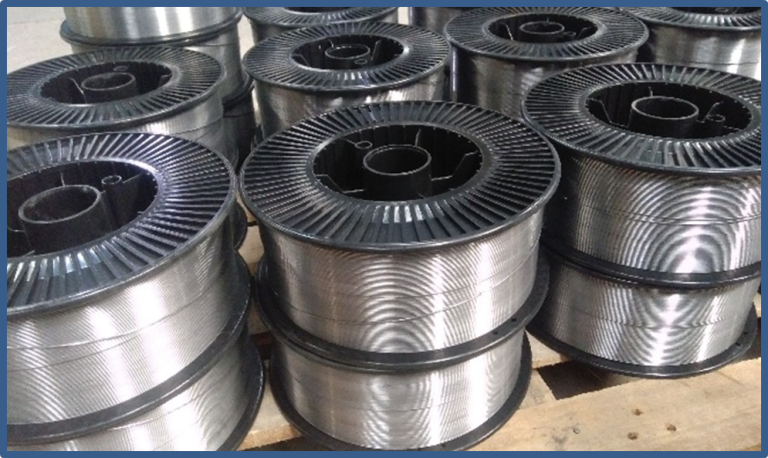Table of Contents
The Future of Mechanical Rolling Ring Drives in the Automotive Industry
Mechanical Rolling ring drive has been a staple in the automotive industry for many years, providing reliable and efficient power transmission in a variety of applications. These drives are known for their simplicity, durability, and ability to handle high torque loads, making them a popular choice for automotive manufacturers looking for a cost-effective solution. As technology continues to advance, the future of mechanical rolling ring drives in the automotive industry looks promising, with new innovations and improvements on the horizon.
One of the key advantages of mechanical rolling ring drives is their ability to provide precise control over speed and torque, making them ideal for applications where accuracy is crucial. This level of control is essential in the automotive industry, where precision is required to ensure the safe and efficient operation of vehicles. With advancements in materials and manufacturing techniques, mechanical rolling ring drives are becoming even more precise and reliable, making them an attractive option for automotive manufacturers looking to improve the performance of their vehicles.
In addition to their precision, mechanical rolling ring drives are also known for their durability and longevity. These drives are designed to withstand the harsh conditions of the automotive environment, including high temperatures, vibrations, and shock loads. This durability is essential in the automotive industry, where reliability is paramount. With ongoing research and development, mechanical rolling ring drives are becoming even more robust, ensuring that they can continue to meet the demands of the automotive industry for years to come.
Another key advantage of mechanical rolling ring drives is their efficiency. These drives are able to transmit power with minimal energy loss, making them an environmentally friendly option for automotive manufacturers looking to reduce their carbon footprint. As sustainability becomes an increasingly important consideration in the automotive industry, mechanical rolling ring drives are likely to play a significant role in helping manufacturers meet their environmental goals.

As technology continues to advance, the future of mechanical rolling ring drives in the automotive industry looks bright. Researchers and engineers are constantly working to improve the performance and efficiency of these drives, with innovations such as new materials, coatings, and design techniques being developed to enhance their capabilities. These advancements are expected to make mechanical Rolling ring traverse drive even more versatile and adaptable, allowing them to be used in a wider range of automotive applications.
In conclusion, mechanical rolling ring drives have long been a trusted and reliable power transmission solution in the automotive industry. With their precision, durability, and efficiency, these drives are well-suited to meet the demands of the automotive industry now and in the future. As technology continues to advance, the future of mechanical rolling ring drives in the automotive industry looks promising, with new innovations and improvements on the horizon. By continuing to invest in research and development, automotive manufacturers can ensure that mechanical rolling ring drives remain a key component in the vehicles of tomorrow.
How to Properly Maintain and Care for Mechanical Rolling Ring Drives
Mechanical rolling ring drives are a crucial component in many industrial applications, providing precise and reliable motion control. To ensure the longevity and efficiency of these drives, proper maintenance and care are essential. In this article, we will discuss some key tips on how to properly maintain and care for mechanical rolling ring drives.
First and foremost, regular inspection is crucial in maintaining the optimal performance of mechanical rolling ring drives. Inspect the drive for any signs of wear and tear, such as worn or damaged rollers, misalignment, or excessive play. Any issues should be addressed promptly to prevent further damage and ensure smooth operation.
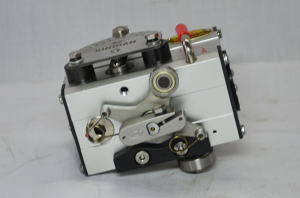
In addition to regular inspections, proper lubrication is essential for the longevity of mechanical rolling ring drives. Lubricate the drive according to the manufacturer’s recommendations, using the appropriate type and amount of lubricant. Over-lubrication can cause excess buildup and attract contaminants, while under-lubrication can lead to increased friction and wear. Regularly check the lubrication levels and top up as needed to ensure optimal performance.
Furthermore, proper alignment is crucial for the efficient operation of mechanical rolling ring drives. Misalignment can cause excessive wear and premature failure of the drive components. Ensure that the drive is properly aligned with the mating components and adjust as necessary to maintain proper alignment.
Another important aspect of maintaining mechanical Rolling Ring Driver is to keep them clean and free of contaminants. Dust, dirt, and other debris can cause damage to the drive components and affect performance. Regularly clean the drive using a soft brush or cloth to remove any buildup of contaminants. Avoid using harsh chemicals or solvents that can damage the drive components.
Additionally, proper storage is essential for maintaining the integrity of mechanical rolling ring drives. Store the drives in a clean, dry environment away from moisture and extreme temperatures. Avoid storing the drives in direct sunlight or near sources of heat, as this can cause damage to the drive components.

Lastly, it is important to follow the manufacturer’s guidelines for maintenance and care of mechanical rolling ring drives. These guidelines are designed to ensure the optimal performance and longevity of the drives. Follow the recommended maintenance schedule, including regular inspections, lubrication, and alignment checks, to keep the drives in top condition.
In conclusion, proper maintenance and care are essential for ensuring the longevity and efficiency of mechanical rolling ring drives. Regular inspections, proper lubrication, alignment, cleanliness, storage, and following manufacturer guidelines are key aspects of maintaining these drives. By following these tips, you can ensure that your mechanical rolling ring drives perform at their best and provide reliable motion control for your industrial applications.
Advantages of Using Mechanical Rolling Ring Drives in Industrial Applications
Mechanical rolling ring Linear drives are a type of power transmission system that is commonly used in industrial applications. These drives offer a number of advantages that make them a popular choice for many different types of machinery and equipment. In this article, we will explore some of the key benefits of using mechanical rolling ring drives in industrial settings.
One of the primary advantages of mechanical rolling ring drives is their high efficiency. These drives are able to transmit power from one component to another with minimal energy loss, making them an ideal choice for applications where energy efficiency is a priority. This can help to reduce operating costs and improve overall system performance.
Another key advantage of mechanical rolling ring drives is their durability and reliability. These drives are designed to withstand heavy loads and harsh operating conditions, making them well-suited for use in industrial environments where equipment is subjected to high levels of stress and wear. This can help to extend the lifespan of machinery and reduce the need for frequent maintenance and repairs.
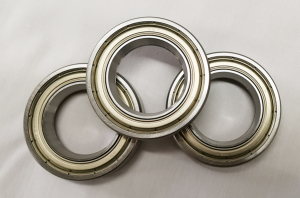
In addition to their efficiency and durability, mechanical rolling ring drives also offer a high degree of precision and control. These drives are able to deliver smooth and consistent power transmission, allowing for precise speed and torque control in a wide range of applications. This can help to improve the accuracy and performance of machinery and equipment, leading to higher productivity and better quality output.
Furthermore, mechanical rolling ring drives are versatile and adaptable, making them suitable for use in a variety of different industrial applications. These drives can be easily integrated into existing systems or customized to meet specific requirements, making them a flexible and cost-effective solution for a wide range of power transmission needs.
Overall, the advantages of using mechanical rolling ring drives in industrial applications are clear. From their high efficiency and durability to their precision and versatility, these drives offer a number of benefits that can help to improve the performance and reliability of machinery and equipment in a wide range of industries.
In conclusion, mechanical rolling ring drives are an excellent choice for industrial applications where efficiency, durability, precision, and versatility are important considerations. By choosing to use these drives in their machinery and equipment, industrial operators can benefit from improved performance, reduced operating costs, and increased productivity. With their many advantages, mechanical rolling ring drives are sure to continue to be a popular choice for power transmission in industrial settings for years to come.
